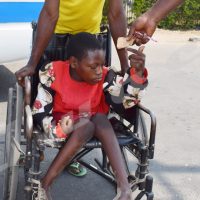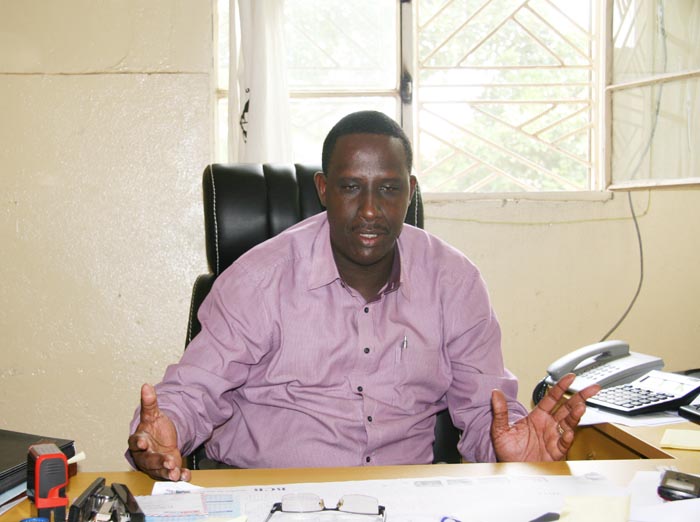On 16 June every year, African countries celebrate the Day of the African Child. In Burundi, this day comes as more than 2,000 children are living on the streets of Bujumbura, the Burundian capital, says GIRIYUJA, a child rights group.

Street children celebrating African child day
“I started living on the street when I was little child. My mother lives in the Kajaga area, of the Burundian capital, Bujumbura. The main problem that I face is finding something to eat. When I get money from begging, other street children take it by force during night. I sleep on the streets. Sometimes the police come to chase us away. I left home because my mother was unable to get enough to eat. I go home when I get sick”, says Vianney, a street child.
“I don’t have anywhere to sleep. I help people carry what they buy in the market so as to have something to eat. We are so many in the streets and we are friends. We share what we get from different people. It’s a nightmare for us if the police come to chase us away during night. Sometimes, they put us in jail”, says Nishimwe Alain, another street child.
In Burundi, this day dedicated to the African child was celebrated in Bujumbura. Some street children had a chance to take part in ceremonies organized by GIRIYUJA, an association that defends the rights of the child.
It was a joyful moment for street children to play and share with other children. The ceremonies started with a match between street children (F.C Town) and school pupils from BIMS (Bujumbura International Montessori School). The match ended in 3-0, favor of F.C Town. “We are very happy today. This shows that we are children like any others. If we get the opportunity, we will go to school like other children”, says J. Claude Bukuru, F.C town player.
“Due to the lack of means, we don’t have access to education. Some of us got the opportunity to be taken in by child rights group where they had chance of going to school. We wish to have such luck”, say street children.
Ingabire Marie Noëlla, 10, a pupil, says street children have many problems. “It is difficult for them to live on the streets because sometimes the rain falls, they do not find anywhere to sleep or anything to eat. It is good to share with them what we have. They are in bad way but we do not care because we live in a house. They don’t go to school, they just beg for money in streets. They have to go to school, that’s where they’re going to get a better life like us”, says Ingabire.
Aimable Barandagiye, national coordinator of GIRIYUJA, says the street children have no access to the basic social services such as education, housing, health care, or clothing, and are not even registered with the Civil Registry.
“When you have children living in the streets because of poverty in their families, the government should be looking after those children through their families”, says Barandagiye.


















 IWACU Open Data
IWACU Open Data

